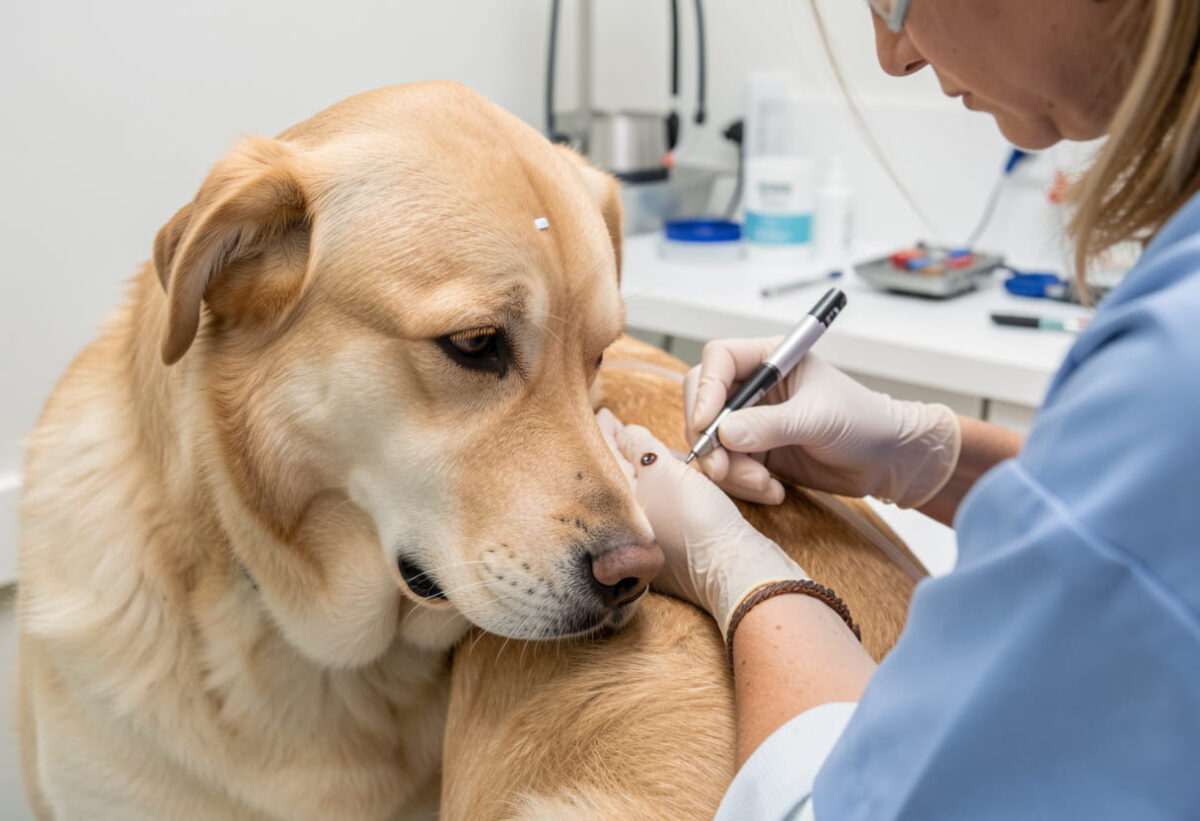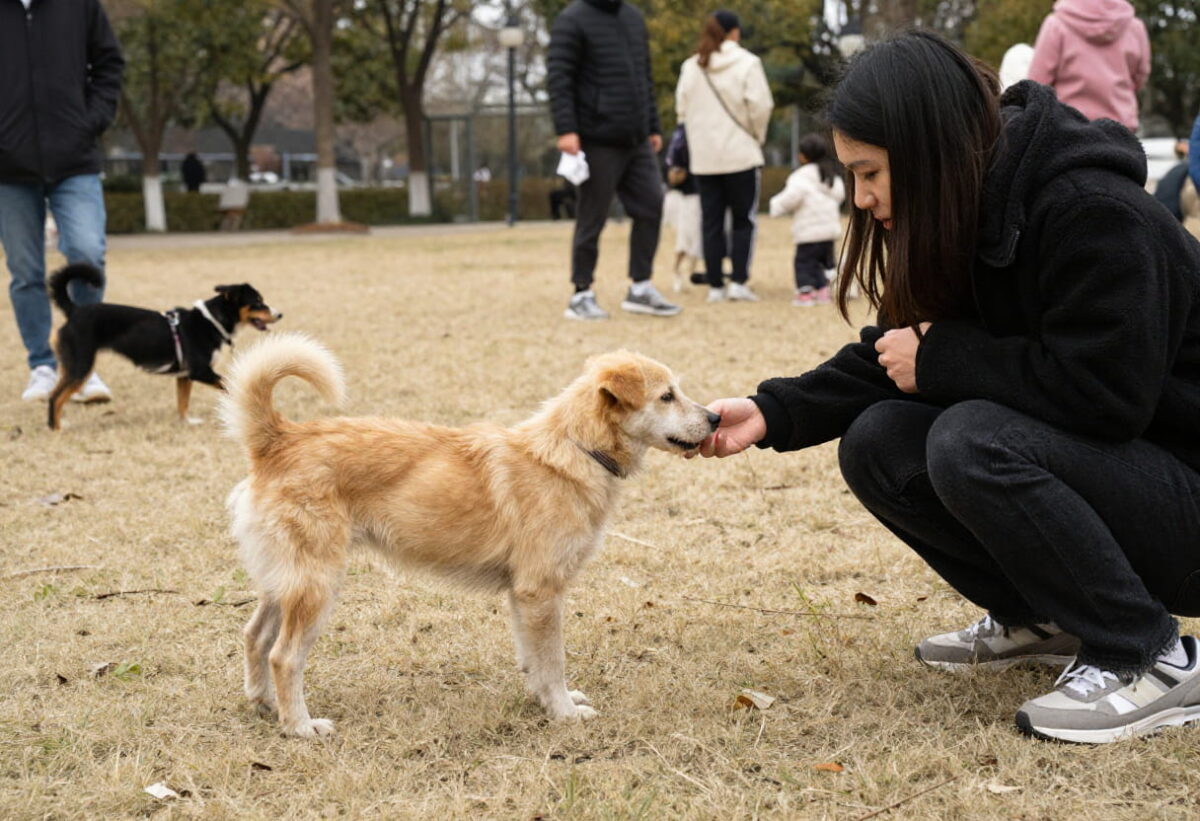‘Pets in China are working at cafes to earn ‘snack money’

“Are cat employees required?” published a cafe owner on Xiaohongshu, much in the way of Instagram. As part of the growing trend of pets in China working in cafes, the owner continued, “We are in need of healthy and well-tempered cats. Each cat will get a snack a day and 30% off for the friends of its owners!” This post got more than a hundred likes and around 600 comments.
The concept might sound rather weird, yet the trend is gaining momentum in the country under the name Zhengmaotiaoqian, which means “earning snack money” in English.
Dog and cat cafes are booming in China, and now clients are sending their dogs and cats to work for snack money. This growing trend highlights how pets in China are becoming part of the workforce in unique ways.
According to CNN, patrons get to play with the animals that freely walk around the cafe, which allows the cafe to charge them for this unusual experience.
As such, the cat and dog cafes in China charge a fee or an entrance fee ranging from 30 to 60 yuan (about Rs 350 to Rs 700) for that service. Customers usually pay those fees, or they just order a few dishes.
This is convenient for owners who must work and leave their pets at home.
“I consider it to be similar to how a parent would send a child off to school,” Jane Xue, a 27-year-old PhD student, told CNN while dropping off her two-year-old Samoyed named OK for her new part-time job in one of these cafes. “Sending OK to the cafe is mutually advantageous. She has the chance to socialize with other dogs and will not feel so isolated.”
Xue shared that this experience has improved OK’s behavior at home. “She’s more relaxed now and even takes better naps,” Xue added. Some owners think that this should make their pets more adaptable to new environments.
Some restaurants keep some routine, including nap times and play breaks, to feel like a regular daycare for pets-with-perks!

Pet cafes in China seem to have now become exotic-animal zones. For dogs and cats finding time itself would have been a challenge, let alone attention. Some have exhibits for alpacas, raccoons, or even snakes, where owners can flaunt their Exotic prey and draw in tourists. This creates yet another layer to the “pets-with-perks” kind of experience-a little novelty, a lot of pet-human interaction.
There is a vetting process for their furry candidates at these cafes. Please-behaved pets must undergo a brief behavioral screening to be sure that the pet is friendly and calm. Those assessed and who have been deemed eligible may appear in routines daily. This ensures the pleasantness and safety of the animals and visitors alike.
For the pet owners have good times as well. Many of them send their pets to cafés during the day to avoid having to leave them alone at home. This in turn will lessen the utility bills at home especially during summer, with pet activities keeping their minds and bodies active. The pet-café craze is building fast in China and has now truly taken off, with over 4,000 such cafes in the country. The booming pet industry needs to keep up with this rapid pace of growth, as so much emphasis is now being placed on hospitality-based pet care plus interaction and socializing.
Some pet owners are even writing resumes for their furry friends, listing skills such as “friendly,” “clingy,” or “playful,” thereby making reviewing and choosing the appropriate candidate the café needs for their specific requirements. Sometimes the resume will even include humorous perks, such as “payment in treats” or “bonus snack time,” thus making hiring pets a kind of creative entertainment.
Some other cafés have introduced loyalty programs for the customer and their pets. The more the pets “work” in those cafés, the more treats, toys, or grooming they get. Everybody is then kept coming back, the owners bonding with their pet in the process.
Most cafés protect against overworking and provide proper working hours for their pet staff to maintain animal welfare. Pets are provided with regular breaks, restricted working hours, and an excellent nap zone. This, in turn, ensures that everyone has a good time with no stress on the animals, thanks to growing awareness..





